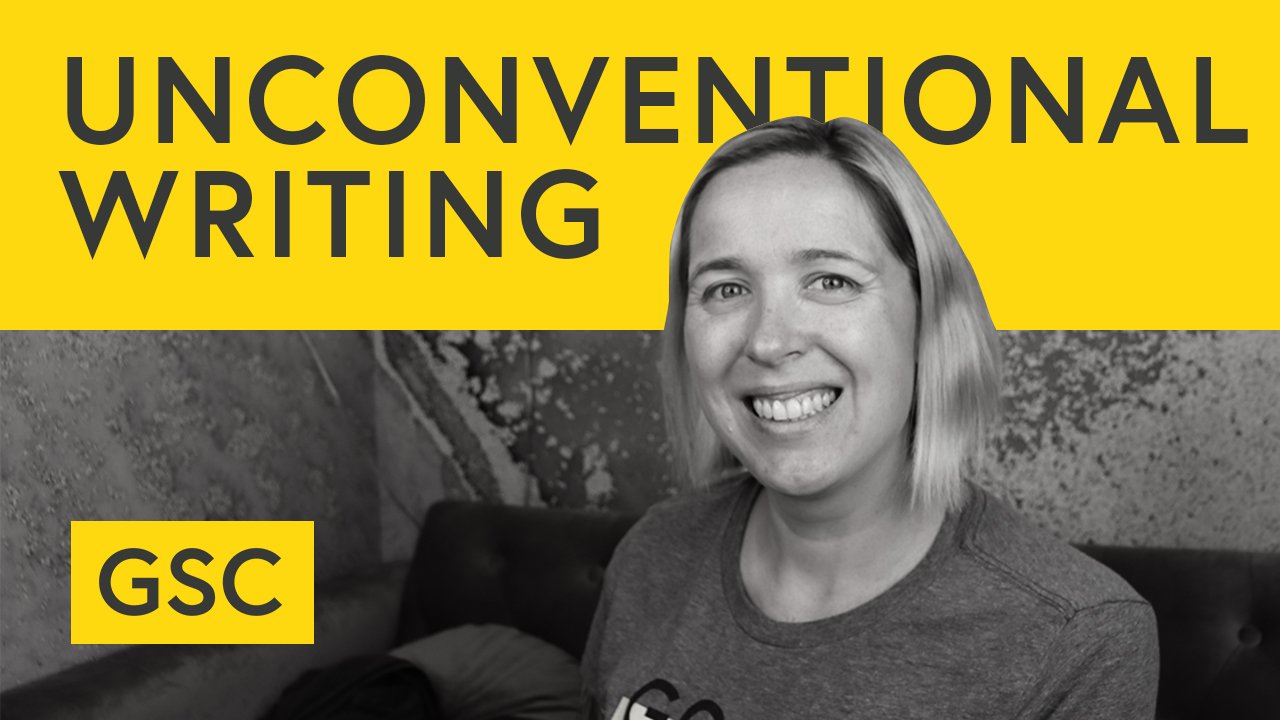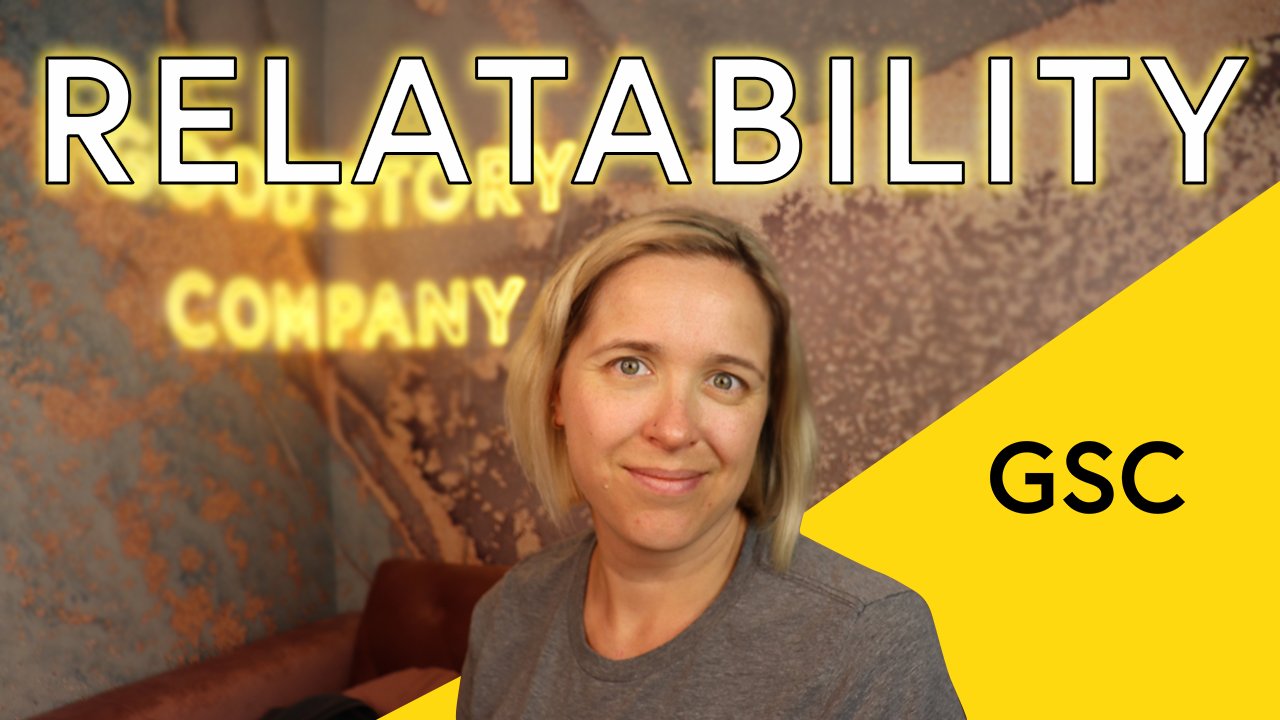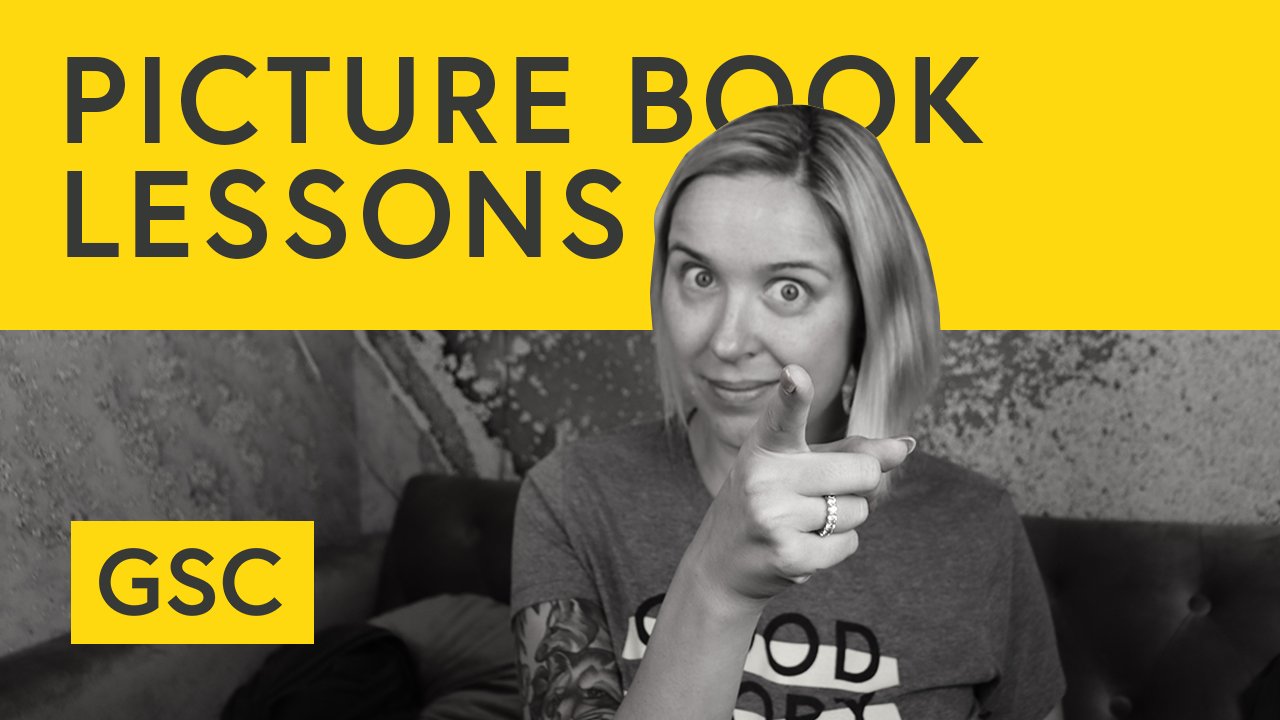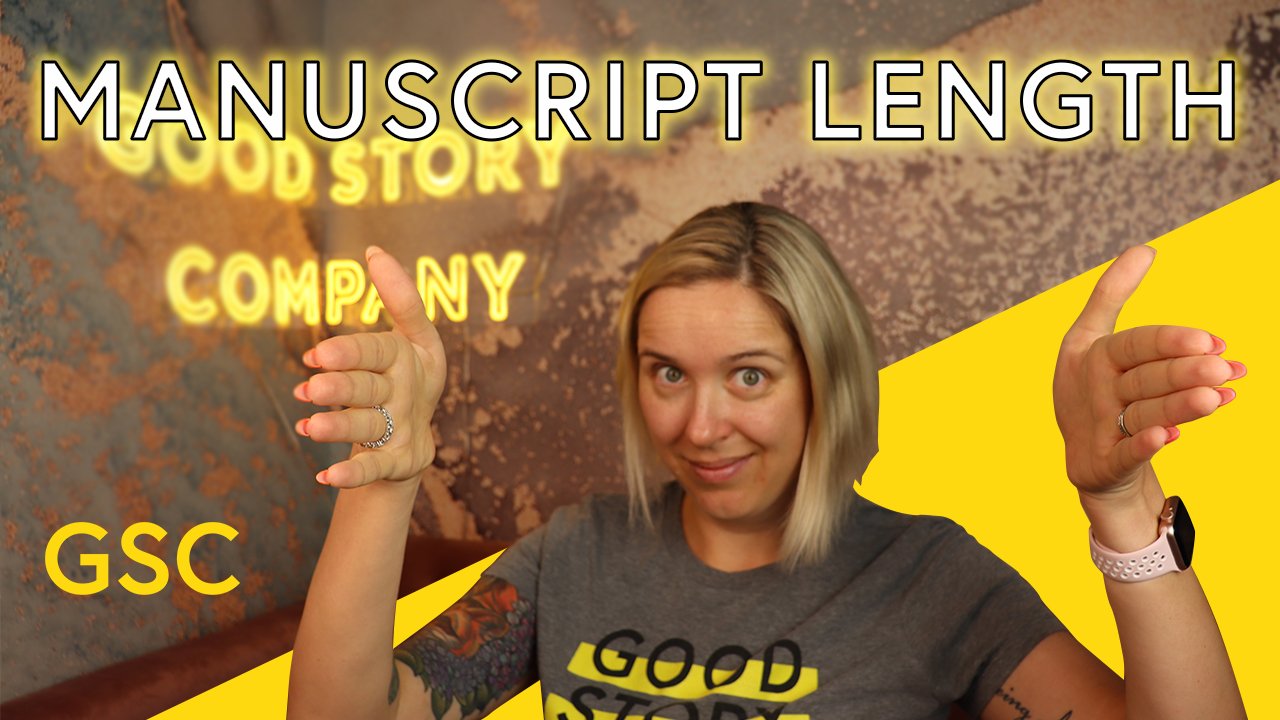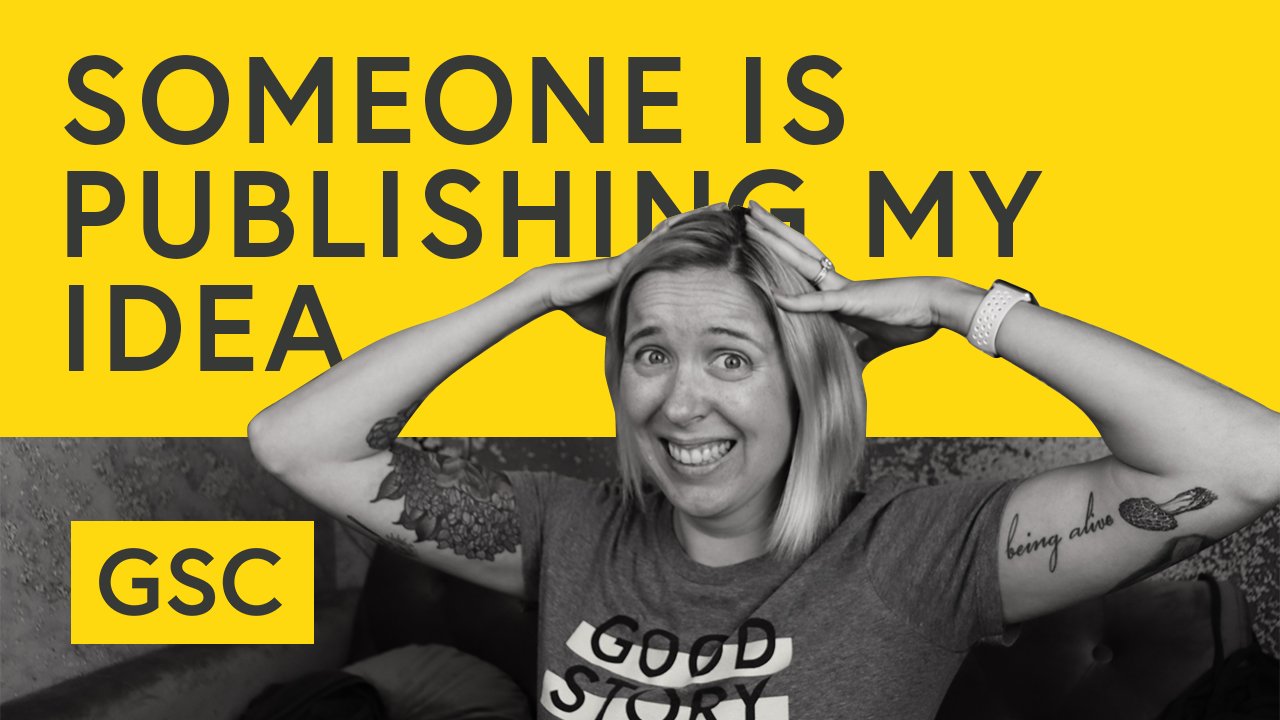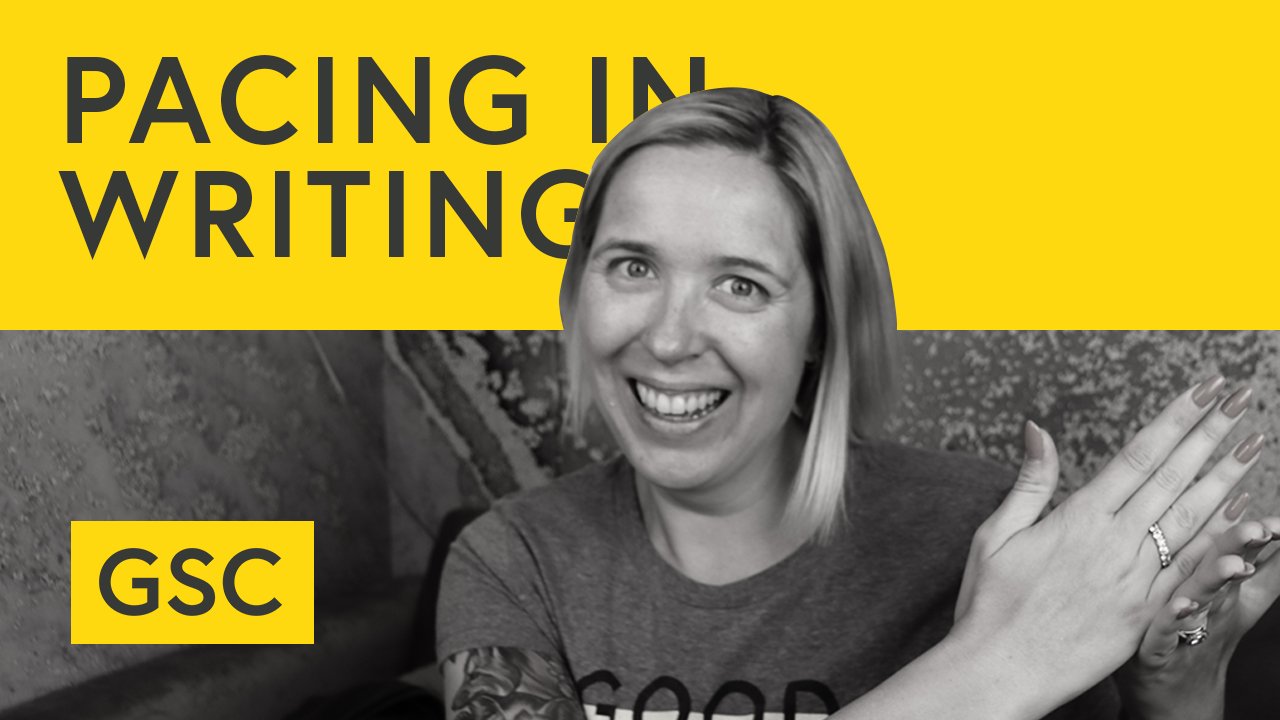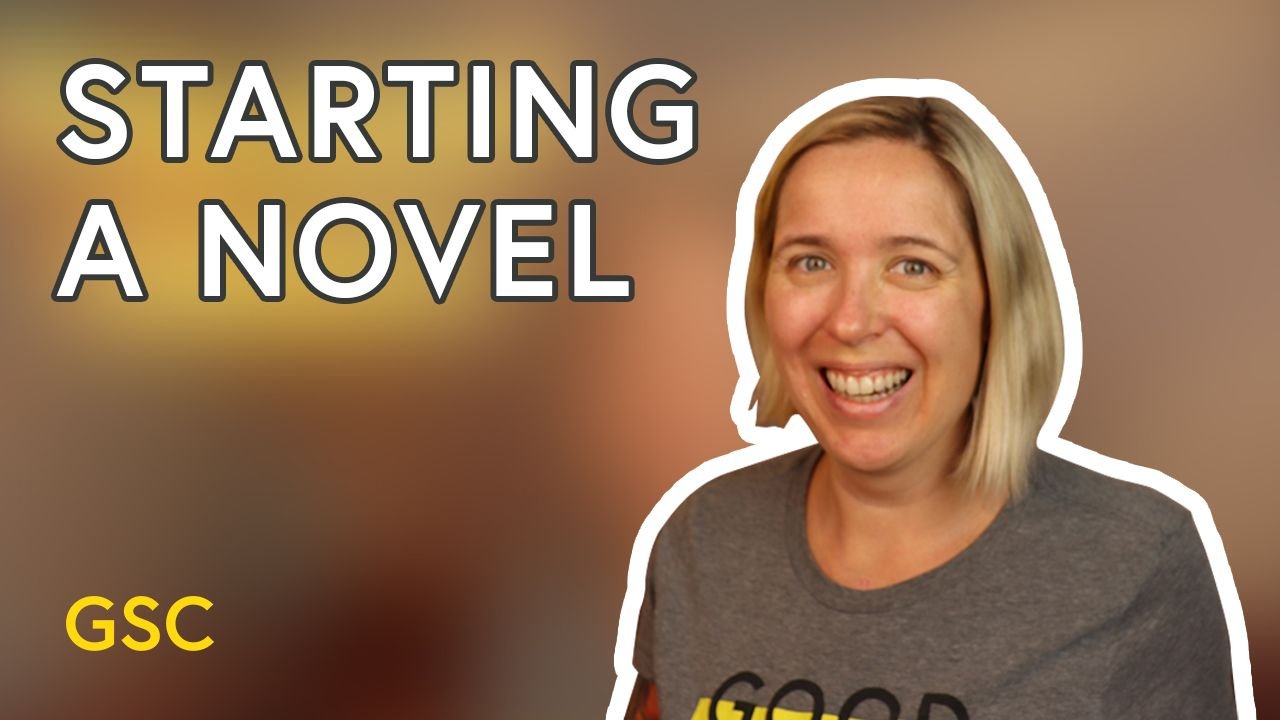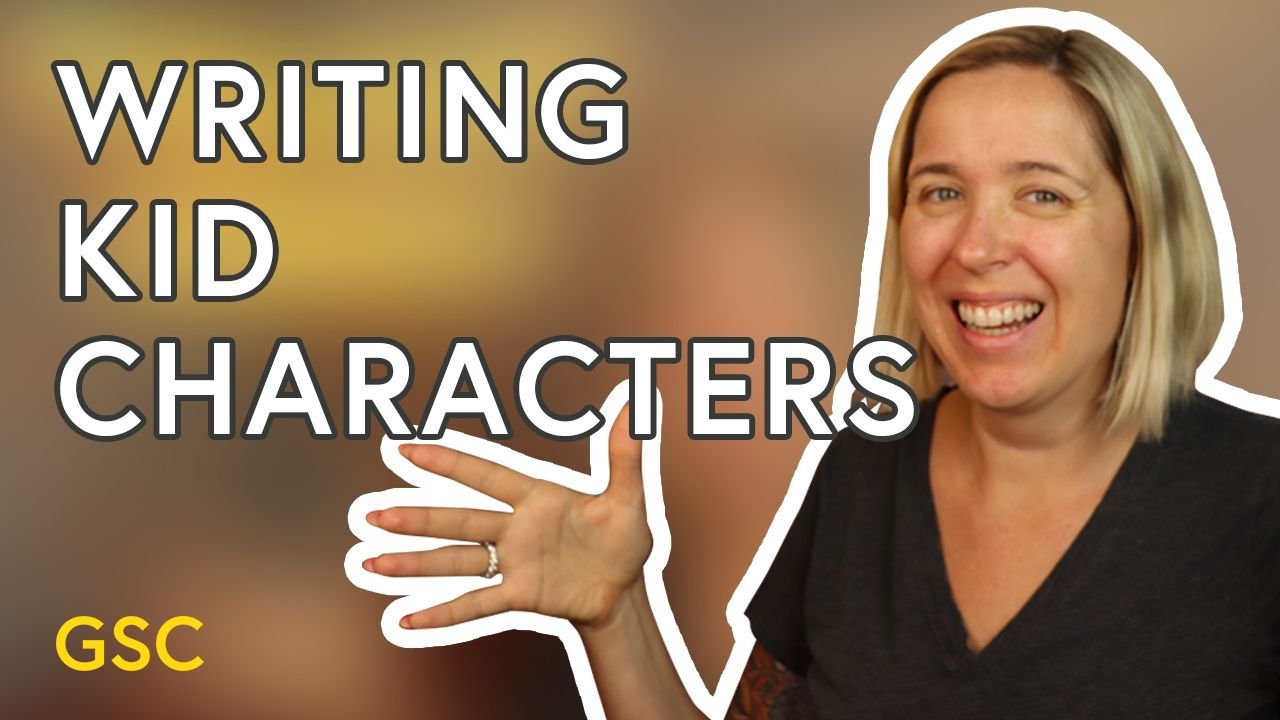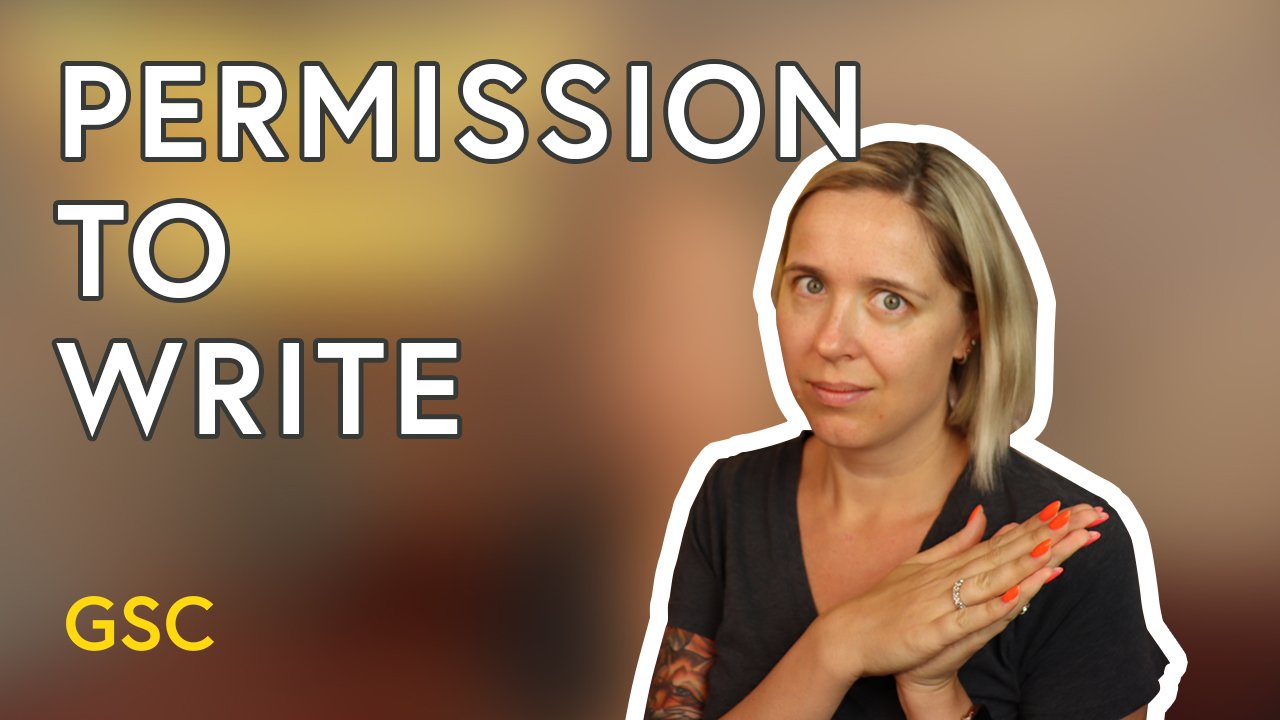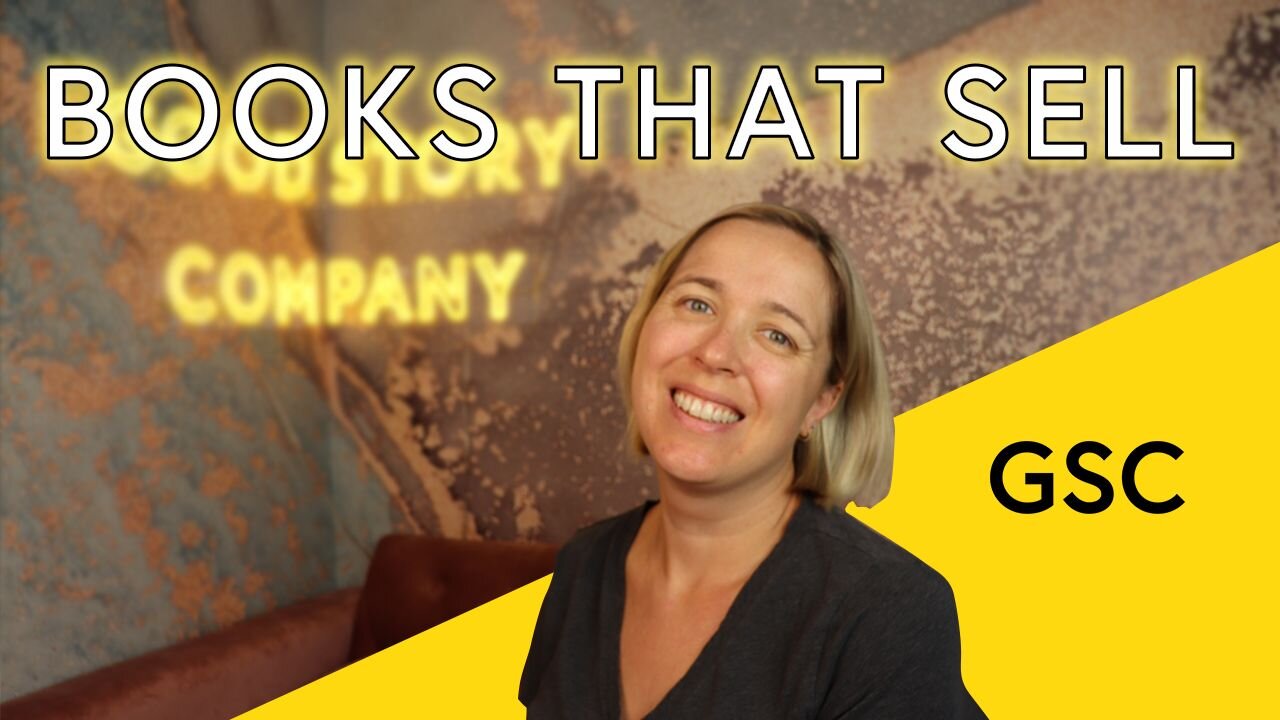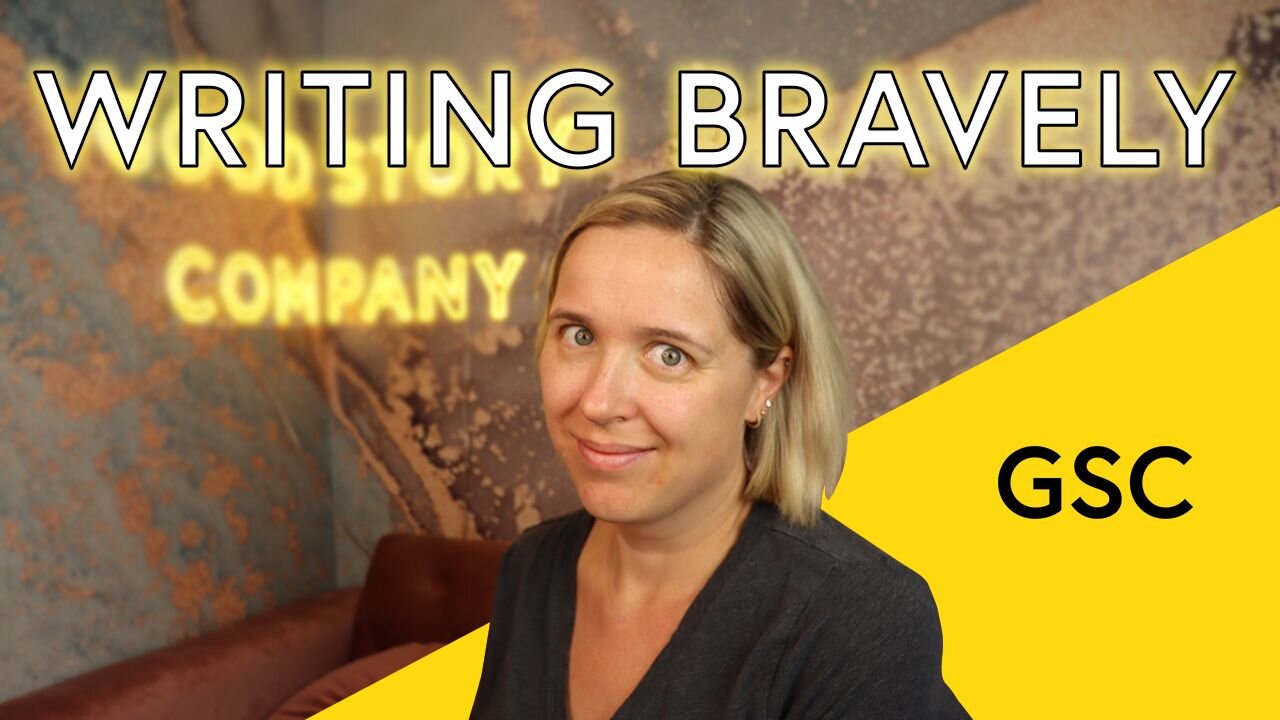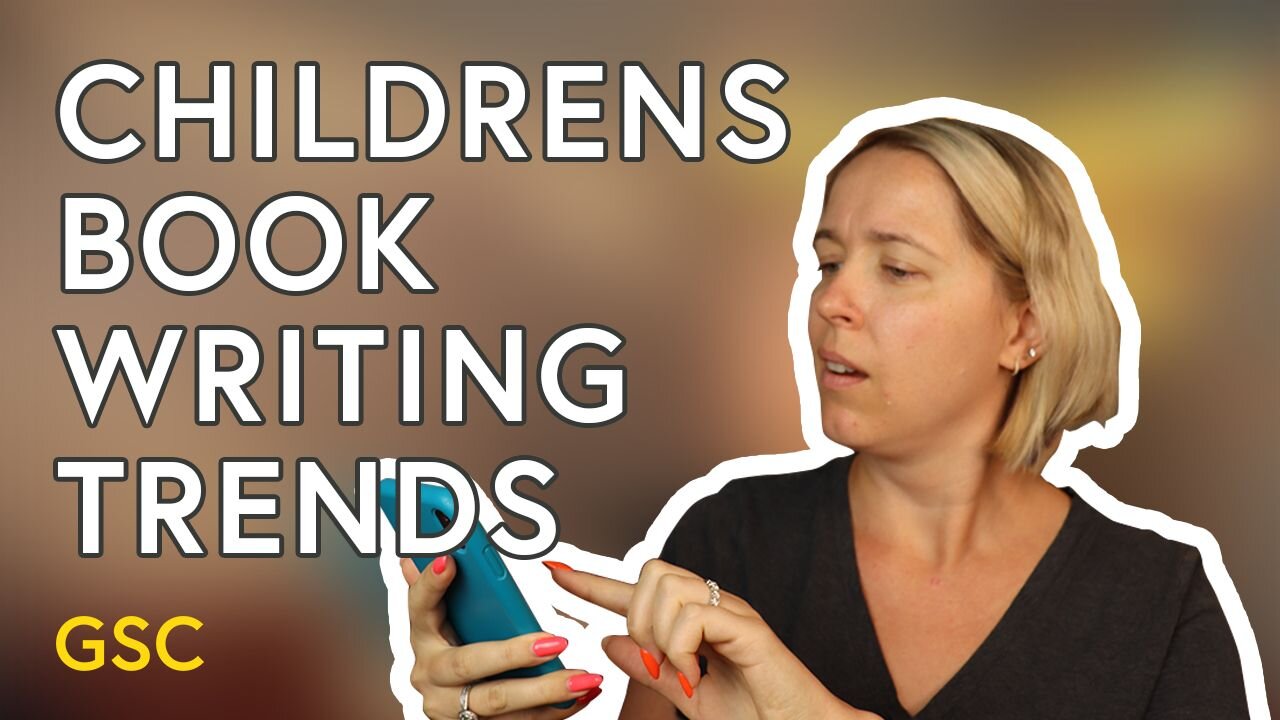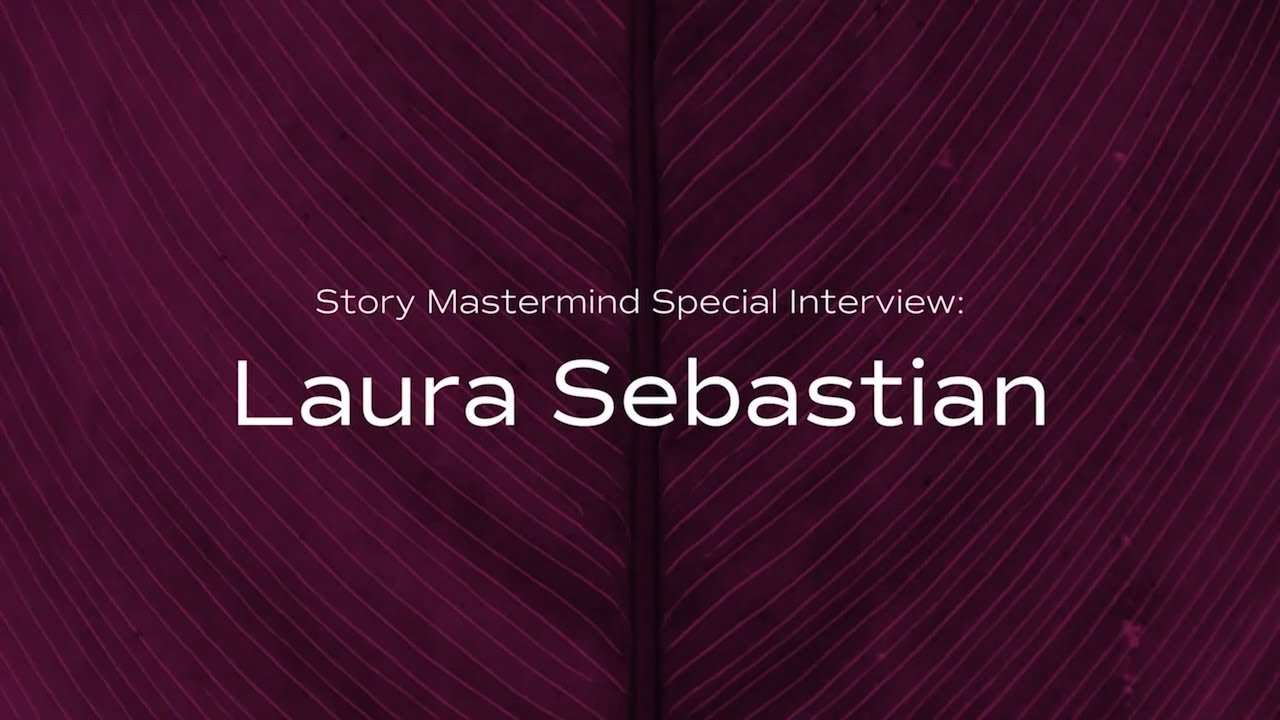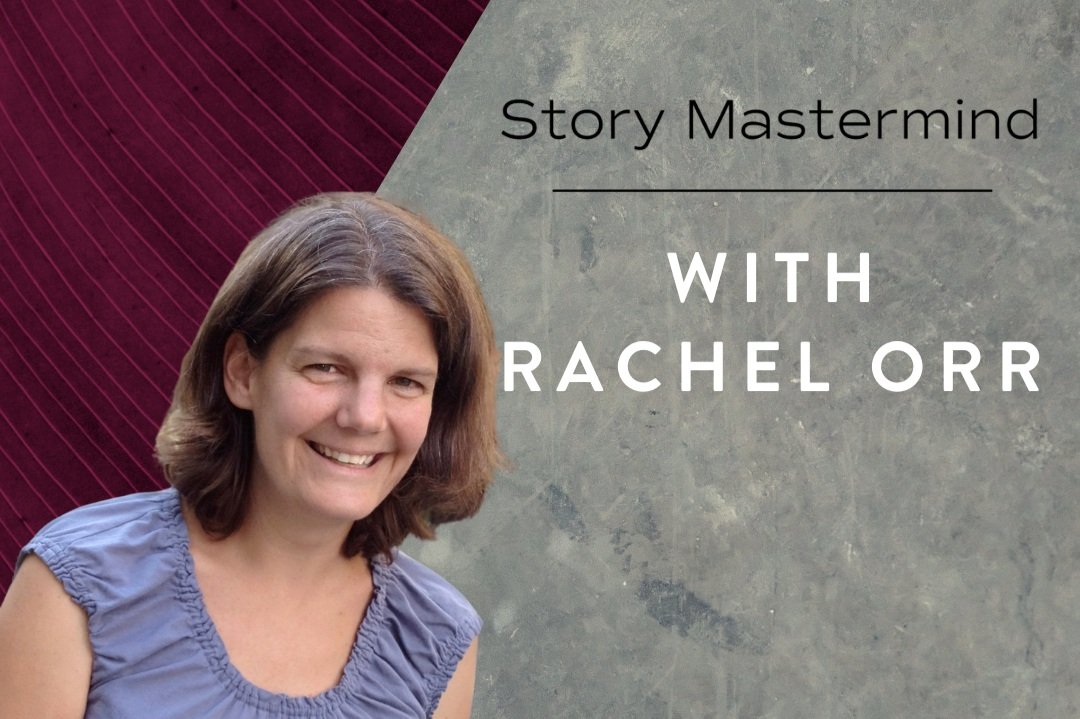
How To Write a Query Letter
One way you might think about how to write a query letter is as a cover letter. It has its own rules and formatting for the literary world, but essentially you are pitching your project to your potential employer. So, what are the rules? How do you start?
Unconventional Writing
Publishing loves its buckets. In children's books, there are several buckets that you need to fit into, with word count guidelines and all of that. There are buckets and tropes in adult publishing as well. Books that don't lend themselves easily to categorization can be a really difficult sell.
Relatability In Memoir
It's a weird thing to think of yourself as a character, but it’s something people have noticed a lot in modern memoir. The character in a memoir has trended more and more relatable, more authentic. I think that’s a good thing, but it is also challenging because it asks a lot more of the writer who's writing the memoir.
Novel Revision Tip
Revision happens best when you have a specific goal for your revision. Figuring out what your theme is, what your novel is about, is essential. Once you have your mission statement, you can start to put your chapters and your scenes up against that statement and see if they align.
Picture Book Lessons
Don't teach in your picture book. Do not preach. Do not talk down to the reader. Kids are lectured and told what to do all day every day, and they feel disempowered. So, the strongest possible way to get a message across is to have a child go through something, learn something, practice something, maybe even teach something to somebody else, without actually coming out and directly saying the words.
Manuscript Length
If you have spent any time on the submission trail, you will notice that there are manuscript length guidelines for manuscripts that you may want to submit, and they are very category-specific. Here’s a run-through of children's books guidelines to get you started.
The Unagented Submission
Writers are usually advised against braving the publishing world without an agent to represent them. Yet, unagented submissions exist for a reason, and there’s a time and place when they work—when they might even be the best option.
Someone is Publishing My Idea!?
We've all heard people who claim that somebody took their idea and is now publishing it, or that somewhere somehow, another writer has come up with basically the same idea, sold it, and now, what does that mean for your idea?
Revision Process
I work as a freelance editor. I work with writers at thousands of projects a year on the revision process. I provide revision services. Every writer that I work with and every writer out there, I want them to engage in their own editing, their own revision process, because I do believe that a lot of writing happens in rewriting.
Pacing in Writing
Pacing is the engine that keeps that story going and keeps your reader's interest level high. One of the most important things that I teach when it comes to pacing with writing is the balance of action and the information. Information is dense. It moves slowly. Action is fast. It moves quickly. It has nothing to do with page count, but everything to do with the balance of what's in those pages.
Starting a Novel
Today we are talking about starting a novel...it's hard. But the thing you must remember is: You don't have to nail it on the first try. You can—and should!—always go back, edit, revise. Beginnings are incredibly important. They're what agents and publishers consider before they decide whether they're going to spend the rest of their time with you and your story. But you have a lot of time to go back and nail it!
Writing Kid Characters
The number one thing that you have to know about writing a kid character is that they should be relatable to kids. This seems like a very dumb thing to say, but a lot of picture books that I read are written more from the point of view of an adult or for an adult point of view.
Permission To Write
Writing invariably is a passion for a lot of people that I work with. And they just, for whatever reason, have not been able to sort of devote themselves to it until now. And that's usually when they come to me and I plug into their process.
Books That Sell
This is a conversation for a little bit more of an advanced writer. I'm going to talk about the components of what goes into a book that is likely to sell, is likely to attract agents, publishers, eventually readers, right, which is what we want.
Writing Bravely
The number one consideration of writing memoir for our day and age is that we need to be authentic and we need to be brave. You're writing a memoir because you have lived an interesting, unique, unlikely experience. And then you have also done the work to make something of that experience, to realize its lessons without preaching.
Children’s Book Writing Trends
Here’s what the picture book, chapter book, and early reader publishing trends look like for Fall 2021.
How To End A Novel
Your ending will make a lasting impression – one readers will carry with them after they put the book down. Here are some tips for writing an ending that will resonate with readers and get them excited for whatever you write next.
How to Query A Series
As a debut author querying a potential series, you’re in a much stronger position if you write one amazing manuscript with “series potential” than you are if you were the one needing multiple books to get your story told.
Story Mastermind Interview with Laura Sebastian
A conversation with YA fantasy author Laura Sebastian (ASH PRINCESS, out now from Delacorte) all about worldbuilding.
Story Mastermind Interview with Rachel Orr
Decades-long agent, Rachel Orr, talks about real life clients as she shares what agents and editors are looking for, what to include in your query letter, and how to challenge the status quo.


